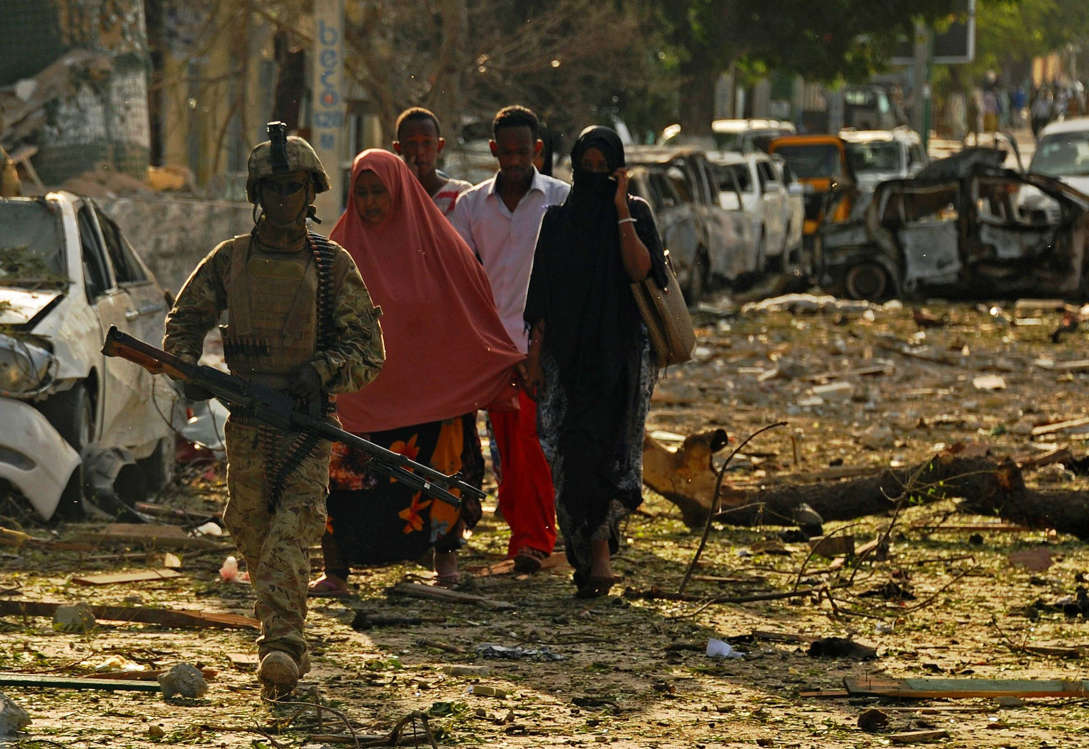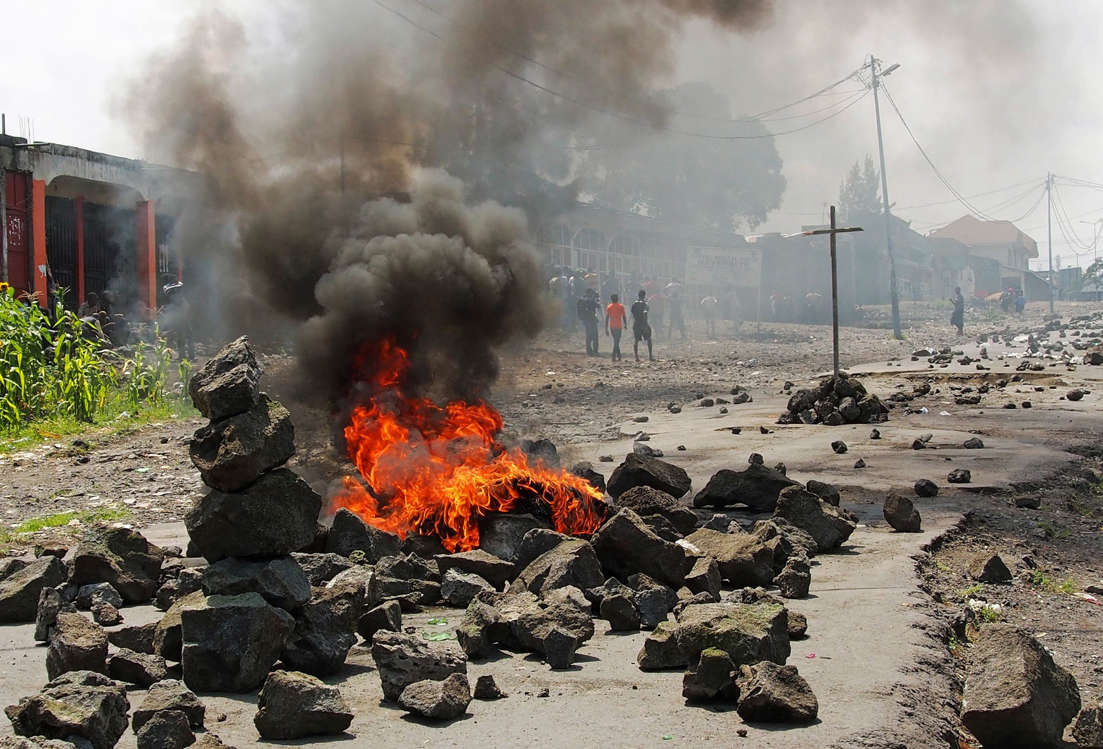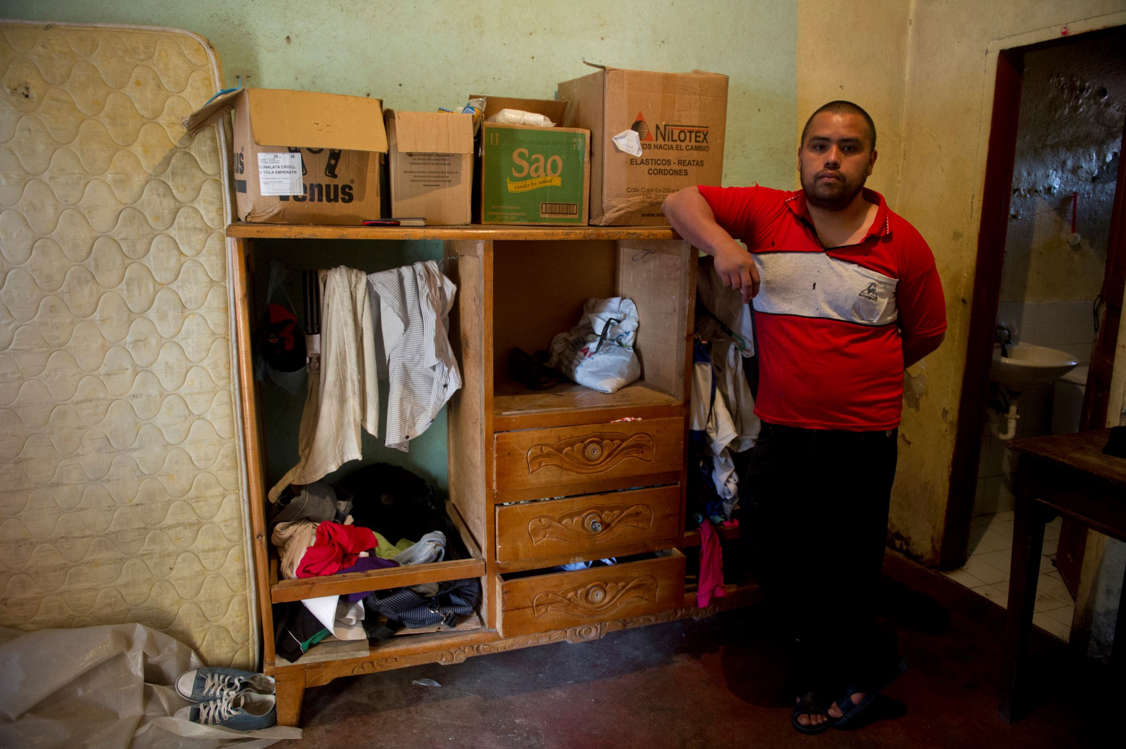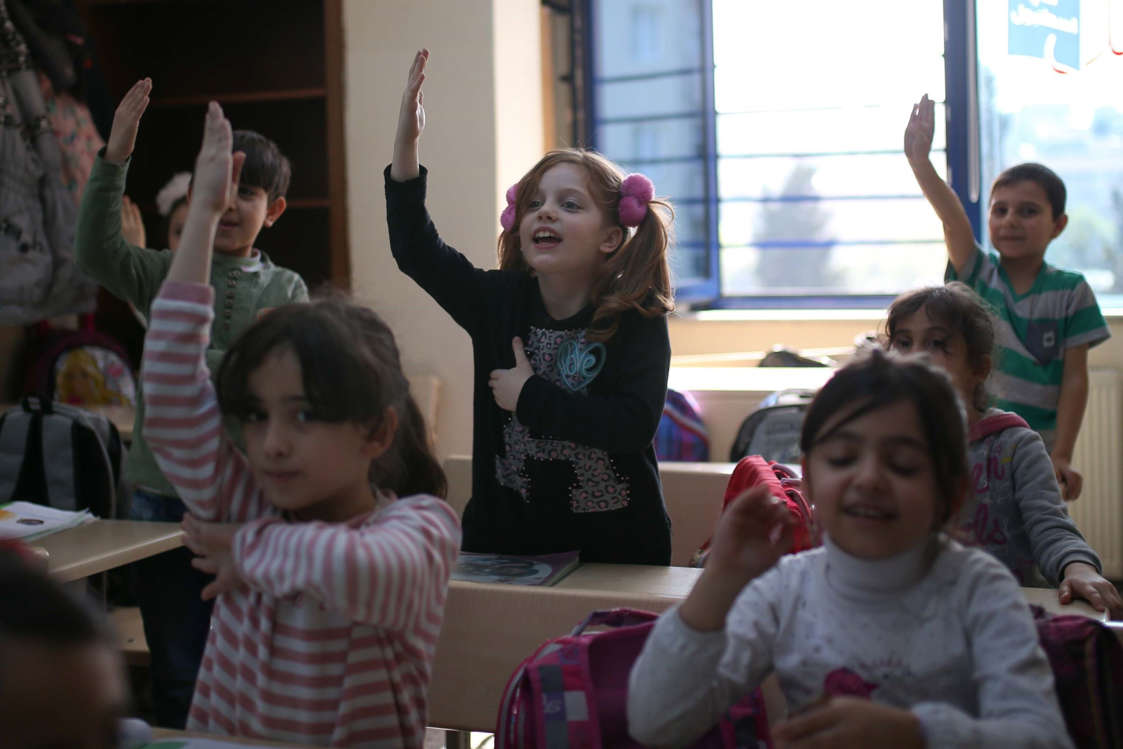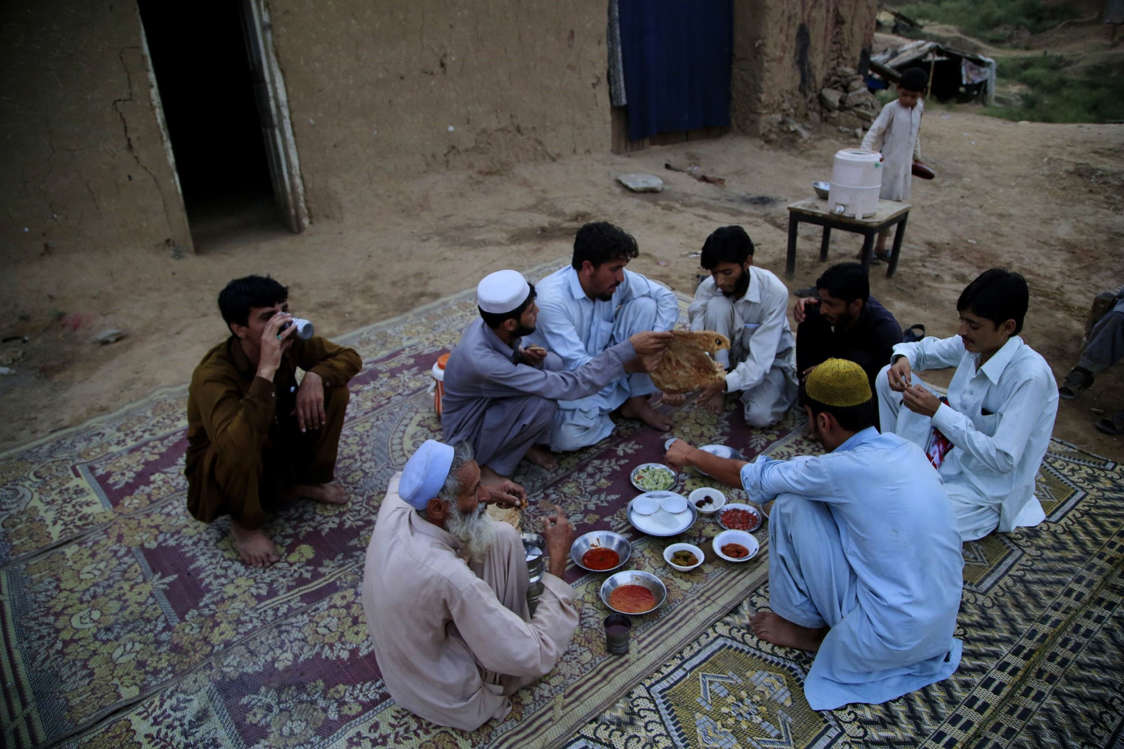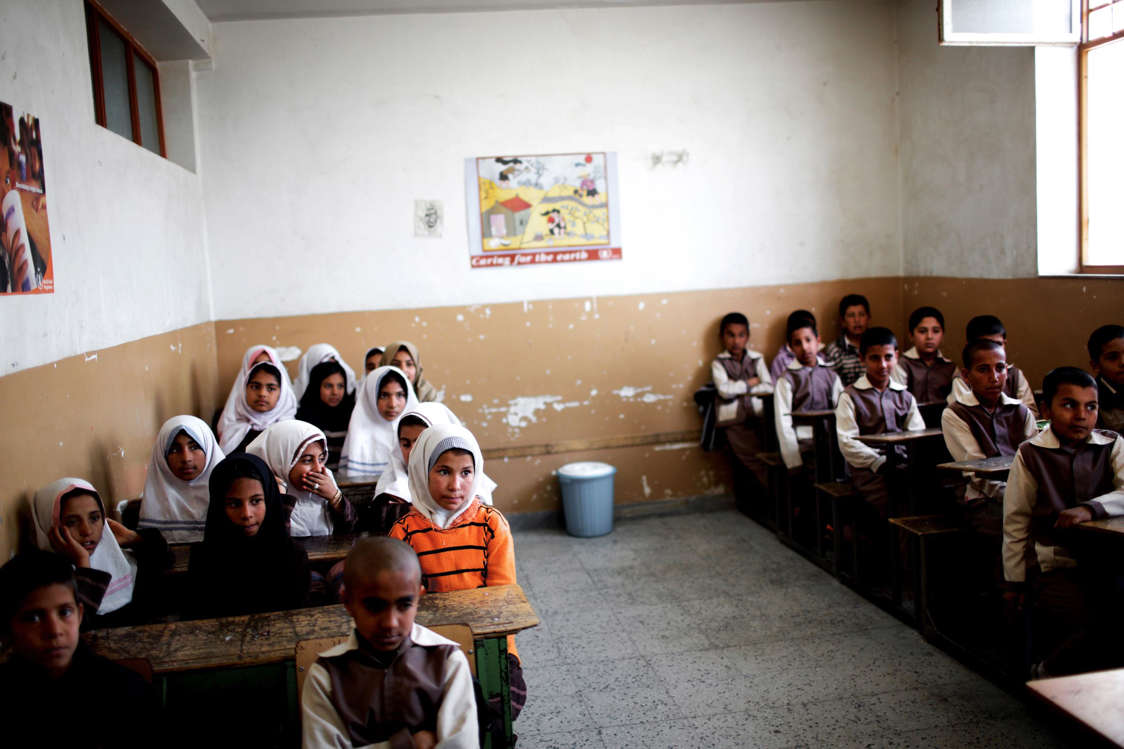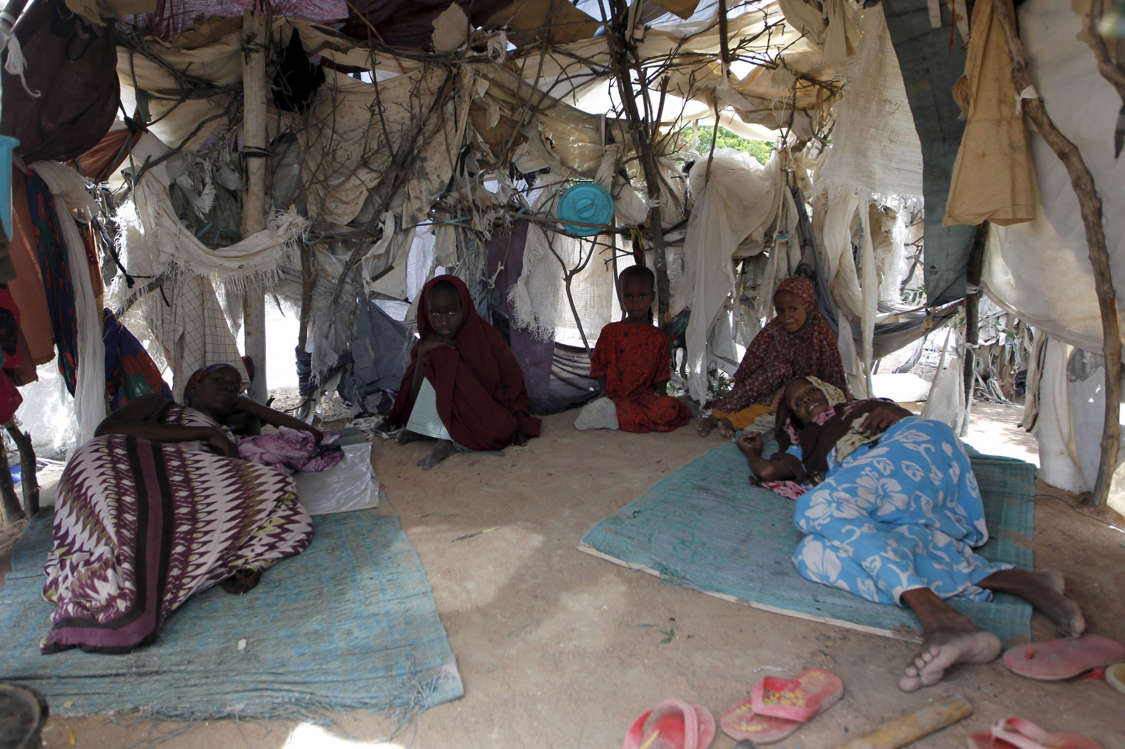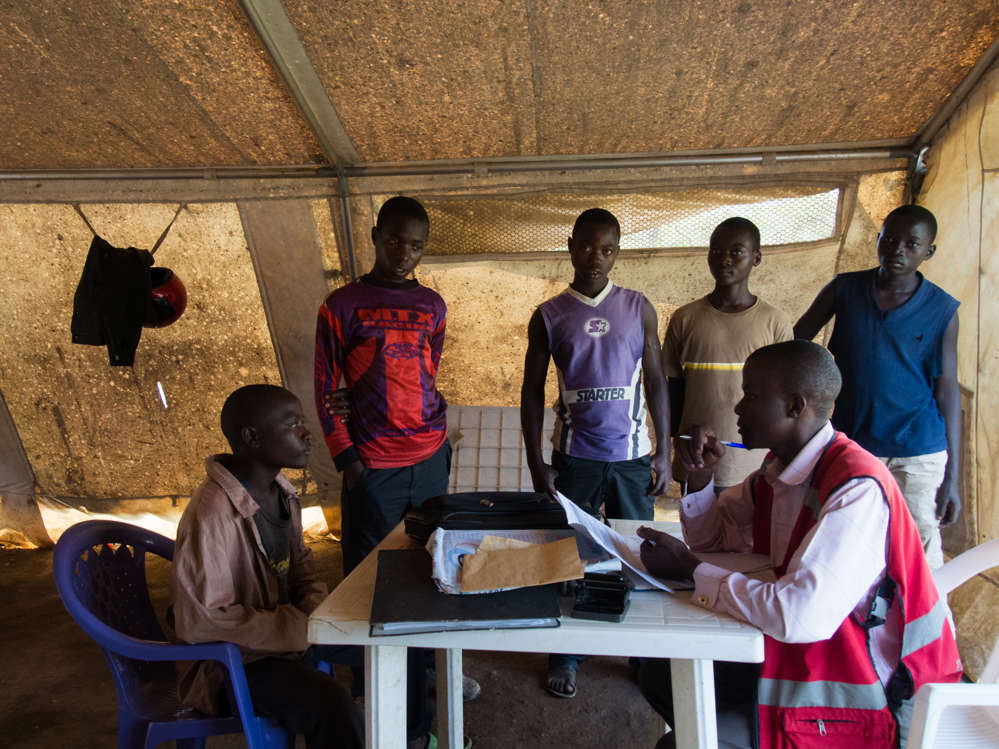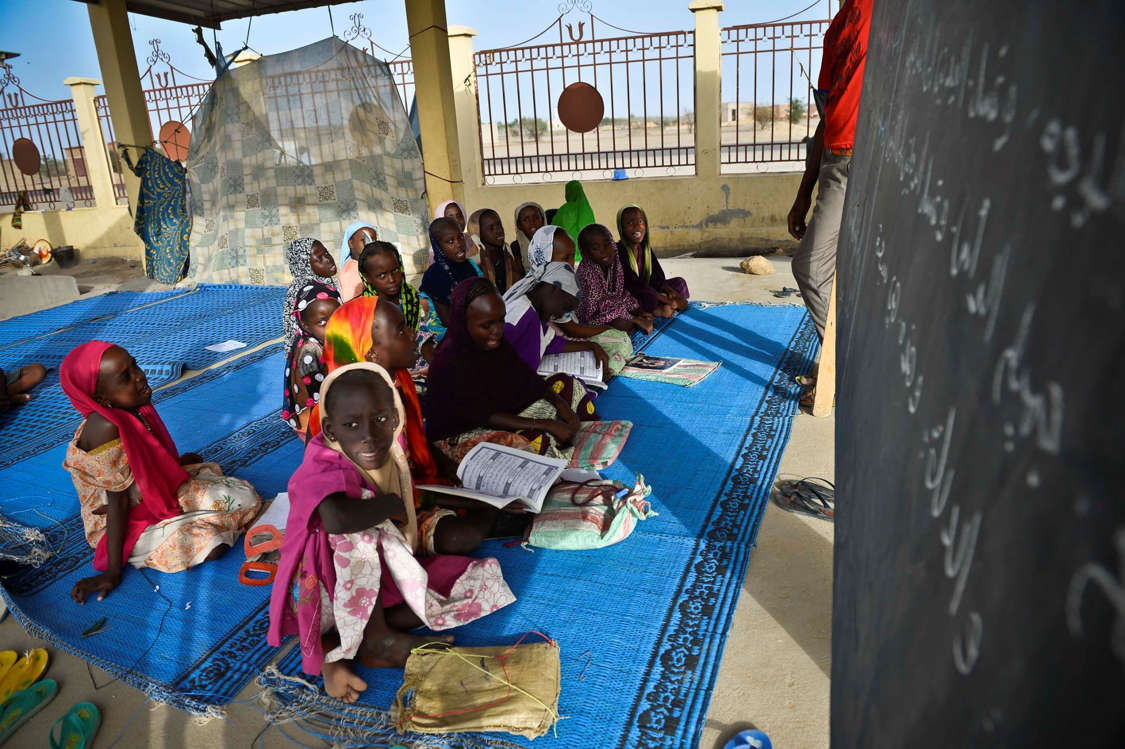After a series of pandemic-related delays, the head of the union representing Royal Canadian Mounted Police officers says salary negotiations are back in full swing — a process that could see policing costs swell across much of the country.
The original plan was to kick off bargaining talks in March, but the pandemic delayed many face-to-face meetings for the new union which, after a years-long fight, received certification back in 2019.
"I think our membership has shown their patience with respect to this process and I'd ask them and the public to obviously realize that this is a marathon, not a sprint, and we're building from zero. So it will take some time," National Police Federation president Brian Sauvé said in an interview with CBC News.
"As far as I'm concerned, they started in a very meaningful and fruitful way."
Sauvé said that, unless future meetings are hampered by a second wave of COVID cases, he hopes to present a deal to rank-and-file members to begin voting on next summer. RCMP members have never before had a union contract.
"So we're cautiously optimistic that everything is going to continue on that path and we'll be able to accomplish a lot in the next six to eight months," he said.
The RCMP employs more than 20,000 police officers. Giving them any kind of pay boost could put new pressure on budgets for multiple levels of government.
Citing the ongoing negotiations, Sauvé won't say publicly how much of a pay hike his union is seeking. He said the goal is to bring Mounties in line with other police agencies.
According to RCMP wage figures last updated in 2016, a constable makes between $53,000 and $86,110, while a staff sergeant can make between $109,000 and just over $112,000.
A constable for the Edmonton Police Service, meanwhile, makes a salary of between $69,107 and $112,427, according to the EPS website.
"They've been obviously without a raise for going on four years now, four and a bit," said Sauvé of his members. "We want to be fairly compensated."

© CBC Brian Sauvé is president of the National Police Federation.
A spokesperson for the Treasury Board said the federal government "is committed to reaching an agreement with the National Police Federation that is fair for RCMP regular members and reservists, as well as reasonable for Canadians."
"Out of respect for the collective bargaining process, we will not comment further on negotiations," said Bianca Healy in an email.
Contract policing under review
While the RCMP is overseen at the federal level, Mounties serve as police in most provinces and in all three territories through contract agreements. They also serve in more than 100 communities outside of cities.
The provinces and territories pay the lion's share of RCMP policing contracts — about 70 per cent — while the federal government covers the rest. Municipal RCMP contracts are based on a number of different cost-sharing scenarios that vary according to a community's size and the date it first signed a policing agreement with the RCMP.
Those contract policing obligations have been cited as a costly drain on the RCMP's resources, diverting them from federal duties such as investigating organized crime and protecting national security.
"Public Safety Canada and the RCMP have confirmed there are systemic sustainability challenges impacting the whole of the RCMP," said a memo drafted by Public Safety and obtained by the Canadian Press.
The salary talks come at a moment of national and international reckoning over police budgets and use of force, driven by in-custody deaths in the United States and investigations of Canadian police services' use-of-force policies.
Sauvé said those conversations haven't made their way into the salary negotiations yet.
"From our perspective, whether it's defund-the-police or [reallocating] resources, I think those are more political discussions about how we allocate resources, how we decide how many police officers are in a community. It really goes to the budgeting and recruiting efforts and the resource methodology that the RCMP uses," he said.
"We're advancing those arguments in different forums, like the federal budget committee, different provincial budget committees, the public safety minister's office and such. So it hasn't come up in contract negotiations."
A spokesperson for the Treasury Board said the federal government "is committed to reaching an agreement with the National Police Federation that is fair for RCMP regular members and reservists, as well as reasonable for Canadians."
"Out of respect for the collective bargaining process, we will not comment further on negotiations," said Bianca Healy in an email.
Contract policing under review
While the RCMP is overseen at the federal level, Mounties serve as police in most provinces and in all three territories through contract agreements. They also serve in more than 100 communities outside of cities.
The provinces and territories pay the lion's share of RCMP policing contracts — about 70 per cent — while the federal government covers the rest. Municipal RCMP contracts are based on a number of different cost-sharing scenarios that vary according to a community's size and the date it first signed a policing agreement with the RCMP.
Those contract policing obligations have been cited as a costly drain on the RCMP's resources, diverting them from federal duties such as investigating organized crime and protecting national security.
"Public Safety Canada and the RCMP have confirmed there are systemic sustainability challenges impacting the whole of the RCMP," said a memo drafted by Public Safety and obtained by the Canadian Press.
The salary talks come at a moment of national and international reckoning over police budgets and use of force, driven by in-custody deaths in the United States and investigations of Canadian police services' use-of-force policies.
Sauvé said those conversations haven't made their way into the salary negotiations yet.
"From our perspective, whether it's defund-the-police or [reallocating] resources, I think those are more political discussions about how we allocate resources, how we decide how many police officers are in a community. It really goes to the budgeting and recruiting efforts and the resource methodology that the RCMP uses," he said.
"We're advancing those arguments in different forums, like the federal budget committee, different provincial budget committees, the public safety minister's office and such. So it hasn't come up in contract negotiations."





